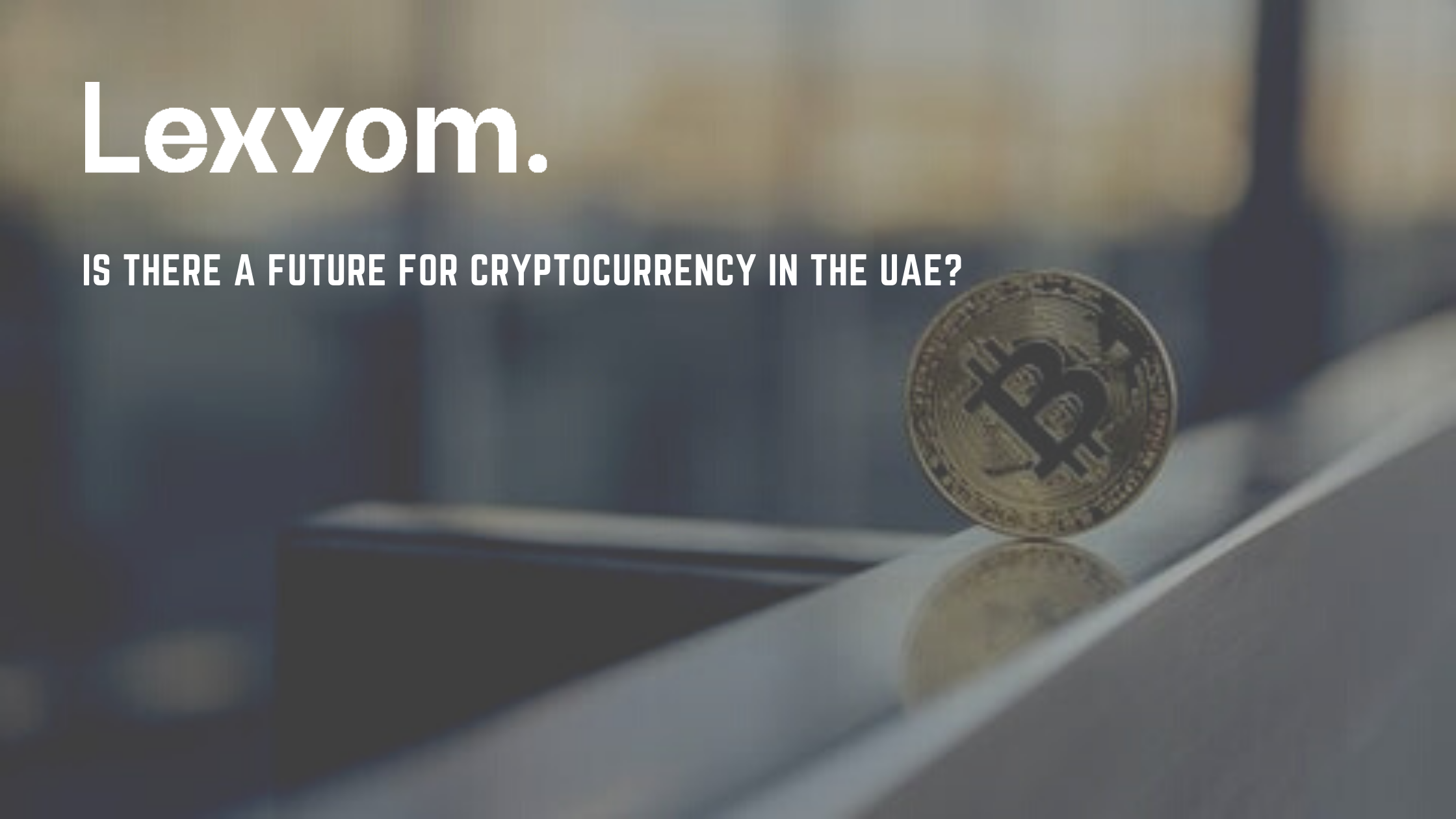Until a few years ago, trading in cryptocurrencies within the GCC was a hype. Cryptos are digital coins serving as money or tokens used to pay for physical or digital asset ownership.
Cryptocurrencies in the Arabian Gulf region were underdeveloped for several reasons, including the lack of awareness, the uncertainty associated with limited technological and technical know-how, and the fear of what is unknown.
Recently, the acceptance of cryptocurrency has hugely surged until it became the most wanted digitalized commodity worldwide and in few countries in the MENA region, including the UAE, Bahrain, and Saudi Arabia.
The success story of cryptocurrencies in the UAE traces back to two factors which are: First, the strong regulatory framework that encompasses crypto assets, and second, the rise of blockchain technology which is a digital ledger through which financial transactions occur without a third-party intervention while creating a tamper-proof record.
Blockchain technology, which lies at the heart of cryptocurrency, is advancing the digitalizing of financial markets and humanity – as a whole- towards a faster and leaner financially digitized economy.
In June 2018, the Abu Dhabi Global Market (ADGM), the international financial center in Abu Dhabi, set up a Crypto Regulatory Framework, including guidelines to legalize and organize crypto asset activities.
In 2018, the Blockchain Strategy 2021 was launched to conduct 50 percent of government transactions using blockchain technology at the Federal Level.
Finally, a joint pilot cryptocurrency was also launched by the UAE and Saudi Arabia, giving banks the ability to make cross-border payments between the two countries.
To know whether there is a future for cryptocurrency in the UAE, we should first understand its added value and its potential opportunities in the market.
- Cryptocurrencies’ added value to the UAE’s market
Despite the lack of stability in crypto and its wild price swings, the Arabian Gulf region and the UAE never stopped pushing ahead with cryptocurrency and digital assets.
Cryptocurrencies effectively generate value to investors, traders and stakeholders. It can be perceived as an alternative investment, such as property or commodities.
Bitcoin, also classified as “digital gold,” is a type of crypto asset whose popularity has constantly been growing as trends have been shifted among investors in the region. The combination of volatility and risks spices things up as potentially outsized returns may result.
- Is cryptocurrency the future of money?
Cryptocurrency, alongside other broader digital assets, is an essential and useful tool to UAE’s economy.
The well-regulated digital platforms developed in the UAE constitute a magnet for genuine startups to raise capital through securitized token offerings (STOs).
Besides that, the UAE’s blockchain strategy 2021 will have a massive push to cryptocurrency in the region. The value can be transferred efficiently from one party to another through a decentralized ledger called blockchain technology that eliminated human errors and transaction data duplications.
Thus, digital assets trigger the digital-money revolution in the region, despite the many challenges that may arise: Because it is still in its infancy, issues related to the lack of regulations, cybersecurity, and legal frameworks that protect cryptocurrency transactions from financial misconducts. Also, the high cost of a robust blockchain network establishment relying on cryptocurrency mining that cracks complex mathematical codes in each block of transactions verifies it. It adds it to the blockchain digital ledger.
Conclusion
For crypto assets to succeed in financial markets, they need to emerge as a forefront alternative. However, their growth depends on whether there is a practical regulatory framework governing the entire trading and settlement process, which increases confidence among users.







